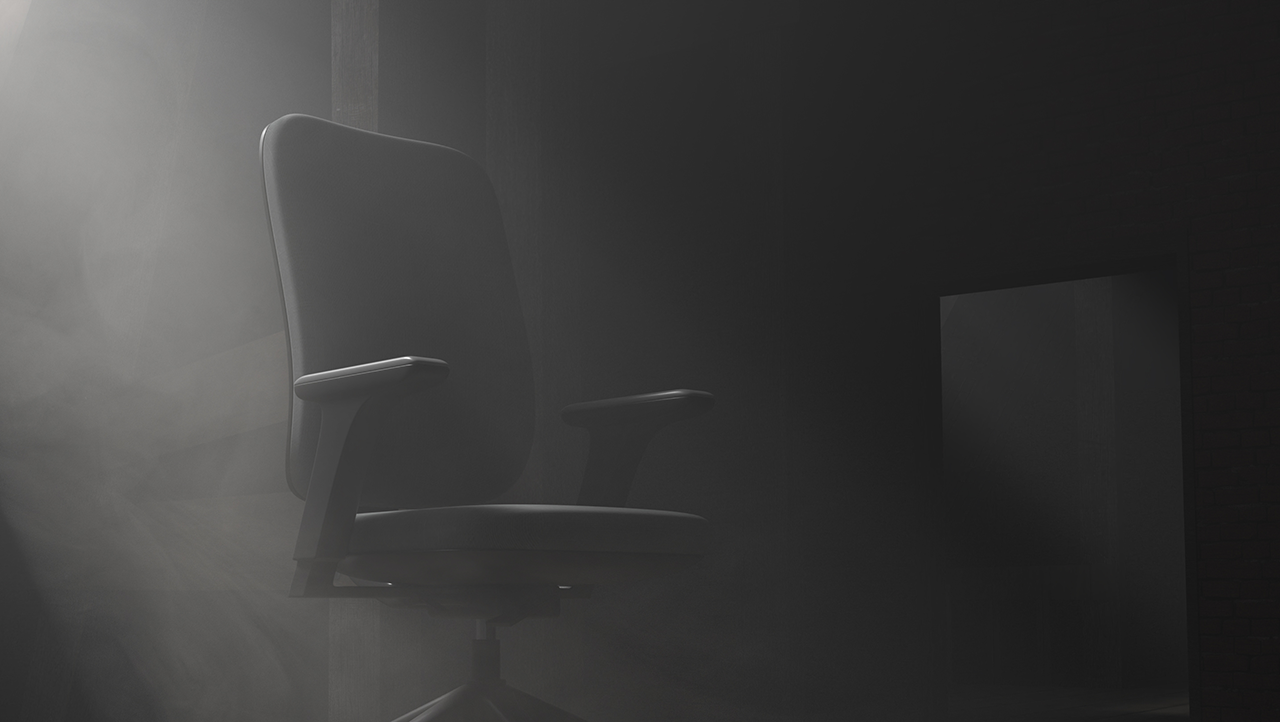The Winding Road to Equity.

The Winding Road to Equity
Harold Cox, professor of the practice in Community Health Sciences, reflects on what the resignation of Claudine Gay, Harvard’s first Black president, means to him, his family, and the Black community.
Bruce, my friendly and chatty barber, asked the first question as I settled in his barber’s chair.
“Ok, I know you have been talking about it, so tell me what you think about Dr. Gay’s resignation at Harvard?”
Bruce has cut my hair for nearly 30 years. At one time or another, we have talked about everything. ABSOLUTELY EVERYTHING. But, quite frankly, I just didn’t want to talk about Dr. Claudine Gay. This is the same conversation that I have had with friends, work colleagues, and family members over the last couple of weeks.
So I turned the question back to him.
“Tell me what you think?” I asked.
Right on cue, Bruce launched into a wordy but thoughtful exposé on race relations, organizational conflict, and something else. I wasn’t really listening that closely. I was in my own head…thinking.
As the first Black person and second woman to lead Harvard University, Dr. Gay’s appointment six months ago was a moment of pride and joy. It signaled progress. If Harvard could appoint a Black woman as its president, there would be a future for others to break barriers and achieve prestigious opportunities in academia. Her appointment was a major milestone for diversity and inclusion in higher education leadership.
I was proud.
In a similar fashion, my 93-year-old father cried and beamed with pride and joy when Barack Obama won the presidential election.
“I just never thought this would happen in my lifetime,” he kept saying over and over.
As Bruce continued his analysis, I thought about the poignant journey of my family. My great-grandfather was a slave; my grandparents were cooks and maids; I am a college professor; my brother is a poet and urban historian finishing his PhD, and my sister is the proud mother of three talented adult children. My family has worked hard for us to get where we are. They feel pride and joy for our accomplishments. Together, we all feel pride and joy for every other Black person that achieves an honor or is the first one to hold some post.
So when the embattled President Gay announced her resignation, all I felt is sadness and disappointment. Her resignation isn’t just a headline, or a topic of debate. It is a personal and intimate blow to me.
The pride I felt in her appointment was like a beacon of hope. It was proof that the world my ancestors had dreamed of was slowly becoming a reality. To see her step down was to watch that beacon flicker and dim.
Bruce’s voice faded into background noise as I remembered my own professional journey. The countless hours of studying. The relentless drive to excel. Fear and loathing whenever I failed a task. I wasn’t just carrying my own dreams. I was carrying the deferred dreams of my great-grandfather, the unspoken aspirations of my grandparents, and the silent hopes of my father watching President Obama on TV.
Bruce finished his monologue, and I offered a polite nod. In my heart, I knew that Dr. Gay stepping down was more than a resignation. It was a reminder of the fragility of progress, and the complexity of our journey towards true equality and representation.
I left the barber shop feeling a mixture of emotions—sadness, yes, but also a renewed sense of purpose. I realized then, and now as I continue to ponder, that the pride and joy I feel for my community and our achievements can’t be dimmed by a single event. We have come too far, and there is still so much more to achieve.
Comments & Discussion
Boston University moderates comments to facilitate an informed, substantive, civil conversation. Abusive, profane, self-promotional, misleading, incoherent or off-topic comments will be rejected. Moderators are staffed during regular business hours (EST) and can only accept comments written in English. Statistics or facts must include a citation or a link to the citation.